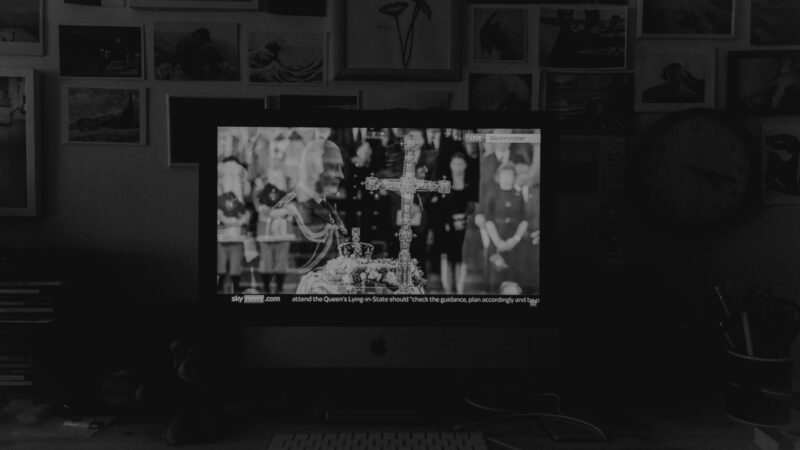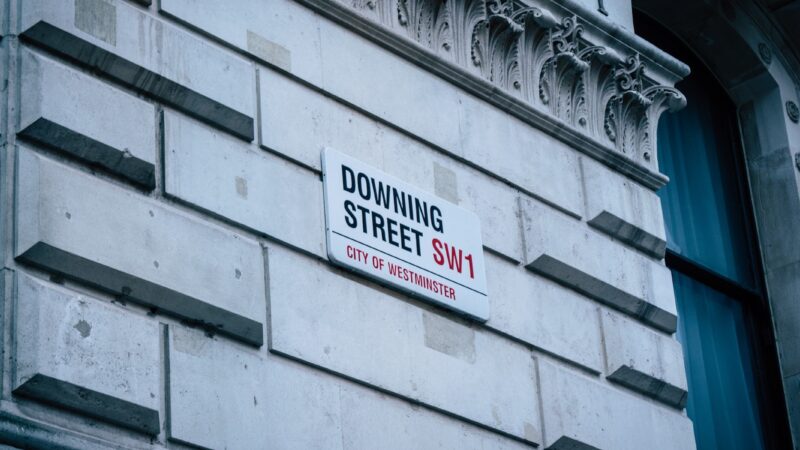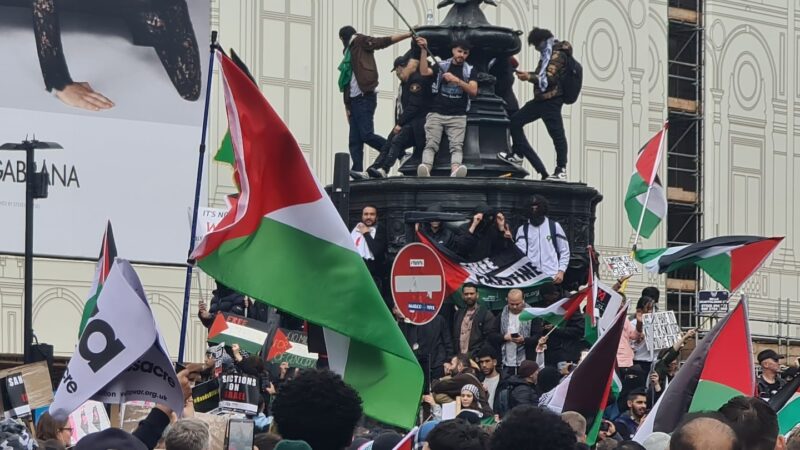With the ascension of a new Sovereign and the recent controversy surrounding the coronation, the British republican movement has reared its ugly head once more, spearheading a renewed debate as to the Royal Family’s ‘relevance’ and ‘value-for-money’ in 2023. Throughout the day we were bombarded with news coverage of anti-monarchist activism, primarily from Republic and their leader Graham Smith. However, with their focus on democracy and the ‘need for modernisation’, left-wingers fail to fully appreciate the Monarchy’s national function.
Having existed since the kingdoms of Anglo-Saxon England, Britain’s constitutional monarchy has been able to develop organically and overcome numerous challenges (from wars and republican dictatorship, to callous individualists like Edward VIII). With a basis on preparing the heir apparent from birth, many of our kings and queens have been embodiments of duty and moral courage – the late Queen Elizabeth II being a prime example. Indeed, alongside an organic and family-based system comes an inherent sense of national familiarity and comfort – they provide the British people with a unifying and quasi-parental figure, and almost a sense of personal connection with the other royals.
As well as this, the institution acts as a crucial barrier against the danger of democratic radicals and the idiocy and ineptitude that resonates from the Commons. Our entire political class seek to further their own interests, and with the Lords having seen terrible reforms under Blair, the Monarchy is left as the People’s last defence against the whims of power-hungry elites.
They also act as a link to Britain’s past and cultural heritage, as a source of national continuity. The Monarchy embodies our religious character with the Church of England, as well as nature of constitutional government with the different organs. As Sir Roger Scruton eloquently put it, it acts as ‘the voice of history.’ This point fundamentally speaks to the Left’s opposition to the Monarchy’s continuation. They can shout about equality and elected decision-making, but their attack on the Royal Family is inherently an attack on Britain’s history, which they vehemently despise. They want to tear down Britain’s unifying soul, and replace it with some soulless political office, one with no roots in national history or organic development.
The renowned Edmund Burke spoke of the need for national myths, a library of inspiring stories and a rich historical character. This is what maintains a nation’s identity and keeps the people united. It is for this reason (amongst others) that he so fiercely opposed the French Revolution, responding with Reflections on the Revolution in France in 1790. These idealist revolutionaries could topple the Bourbon dynasty and establish a new ‘progressive’ society, but based on what? What would these ‘unifying’ ideals be? Without a solid foundation that had developed and grown organically, what could people possibly hold onto?
Now from the perspective of left-wingers, the transition to a republic would merely be a political one – simply making politics ‘more democratic and egalitarian’. A referendum would most likely be called, people would vote, and the Will of the People would be obeyed absolutely. Consider their preferred alternative, most likely a presidential system. We would be burdened, like so many nations, with yet another incompetent, weak, and self-interested hack at the top – an office created by and for the existing political class to monopolize, the final step in achieving a grey managerialist Britain.
But such an event would in truth represent so much more – a fundamental shift in Britain’s identity. Constitutional monarchy is our one national continuity and forms the basis of our mythos. All else is transient – politicians, the values of the day, social debates. Through the royals, Britons throughout the ages maintain a living link to past generations, and to our Anglo heritage as a people. Once again quoting Scruton, ‘they speak for something other than the present desires of present voters’, they are ‘the light above politics.’
The royals are especially important in Britain’s climate of national decline, with an assortment of failing institutions, from the NHS to the Civil Service to the police. It is increasingly evident that we require a national soul more than ever – to once again enshrine Britain’s history. We can’t survive on the contemporary values of ‘Diversity, Equality, and Inclusion’, on the NHS, Bureaucratisation, or record-high immigration levels. A return to order and stability, faith and family, and aggressive nationalism is the only way forward – Britons need to feel safe, moral, unified, and proud.
This Third Carolean Era has the opportunity to revitalise the role monarchy plays in peoples’ lives. By making it more divine, more mystical – alongside a conservative revolution – we can ensure Britain’s soul remains whole and pure.



